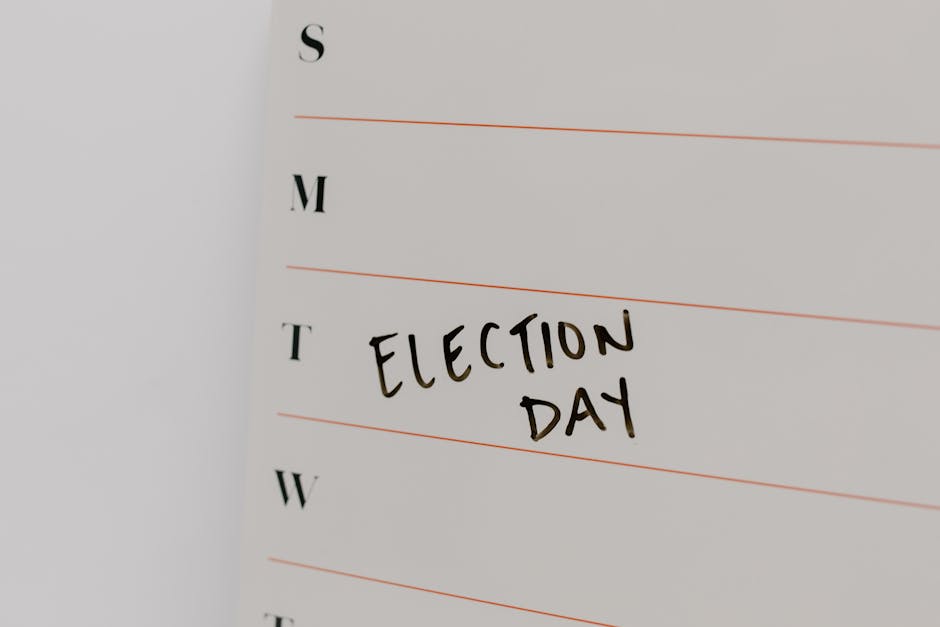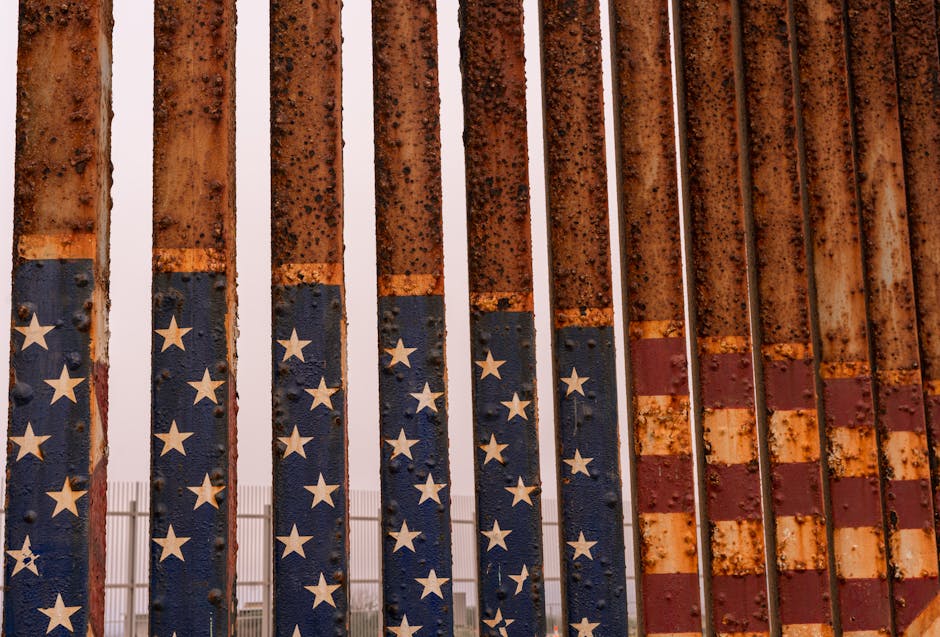Trump Threatens Military Action in Nigeria, Says Aid Will Cease
In a controversial statement that has stunned global observers, former U.S. President Donald Trump has threatened potential military action against Nigeria while announcing an immediate halt to American aid. The remarks, made at a private event and later leaked, have triggered outrage from Nigerian officials and raised concerns about U.S.-Nigeria relations.
Trump’s Shocking Remarks on Nigeria
Sources reveal that Trump lashed out at Nigeria’s security challenges, including terrorism from groups like Boko Haram and ISIS affiliates. “We give them billions in aid every year, and what do we get in return? More chaos,” he reportedly stated. “If they can’t fix this, we’ll have to go in ourselves.”
While details on the proposed military action remain unclear, Trump’s comments mirror his administration’s past aggressive policies. He also hinted at cutting all U.S. aid—currently nearly $1 billion annually—which supports health, education, and counterterrorism efforts.
Nigeria’s Strong Rejection of Trump’s Threats
Nigeria’s government swiftly condemned the remarks, calling them “reckless and a violation of sovereignty.” The Foreign Ministry asserted that Nigeria is capable of managing its security without foreign interference.
“Nigeria is a sovereign nation with strong global partnerships,” the statement read. “We reject any suggestion of external military intervention.”
Political analysts suggest Trump’s rhetoric may be aimed at reinforcing his tough-on-foreign-policy image ahead of a potential 2024 campaign.
U.S. Officials Distance Themselves from Trump’s Comments
The Biden administration quickly clarified that Trump’s views do not reflect U.S. policy. A White House spokesperson reaffirmed America’s commitment to working “collaboratively with Nigeria on security and development.”
However, Trump’s statements have reignited debates over U.S. foreign aid and military intervention in Africa. Critics warn that cutting aid could worsen instability in conflict-prone regions.
Regional and Global Reactions
Neighboring West African nations, many dependent on U.S. security support, are now questioning the reliability of American alliances. The African Union (AU) has urged de-escalation and dialogue.
Human rights groups also caution against military action, pointing to past failures in Iraq and Afghanistan. “Unilateral intervention often leads to prolonged conflict and civilian harm,” said Amnesty International’s Nigeria director.
What Comes Next?
While Trump’s threats are unofficial, they’ve strained U.S.-Nigeria relations as the country battles kidnappings, banditry, and separatist movements. If aid is cut, regional stability could further deteriorate.
As tensions rise, the world watches to see how both nations will navigate this diplomatic crisis.




